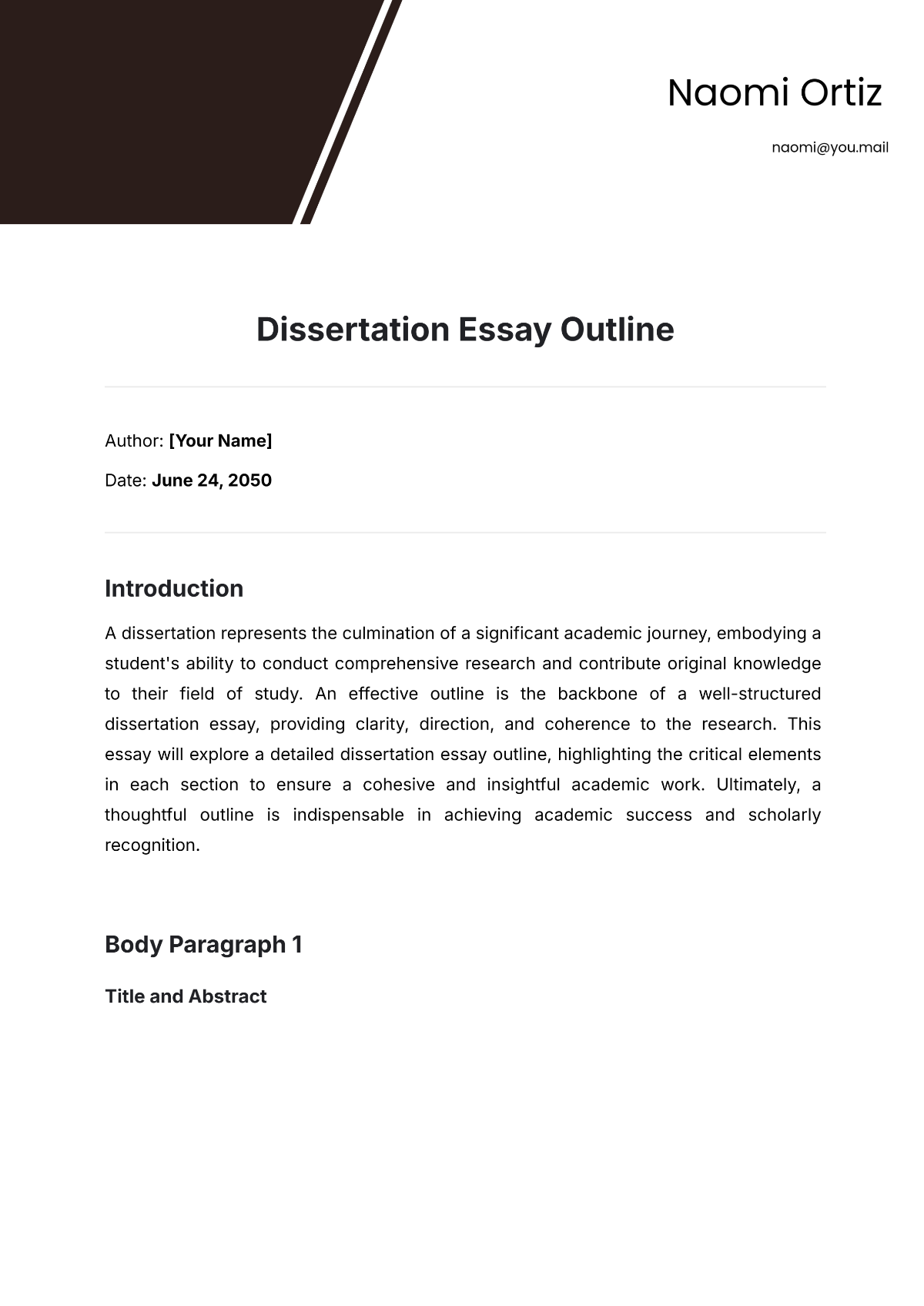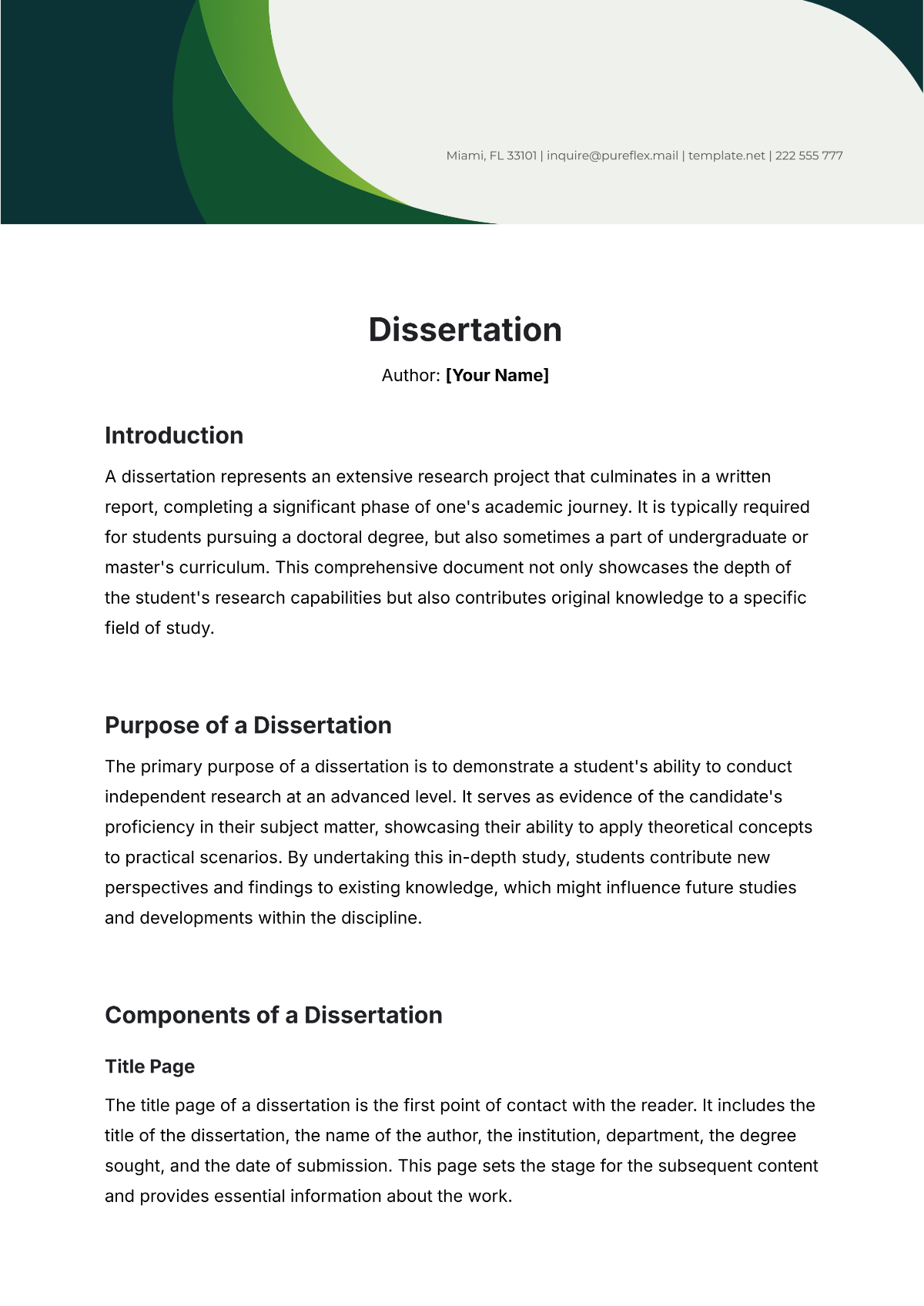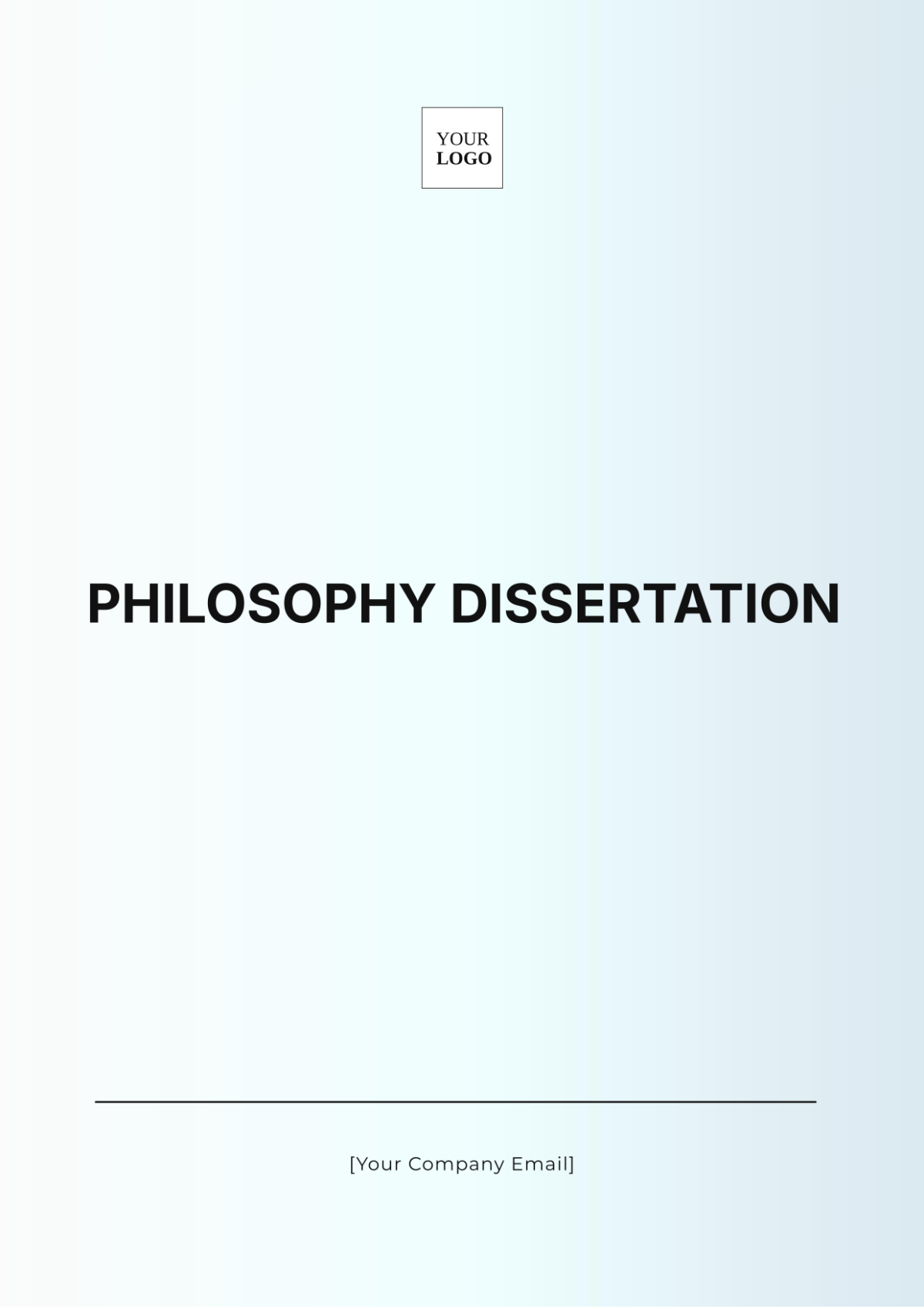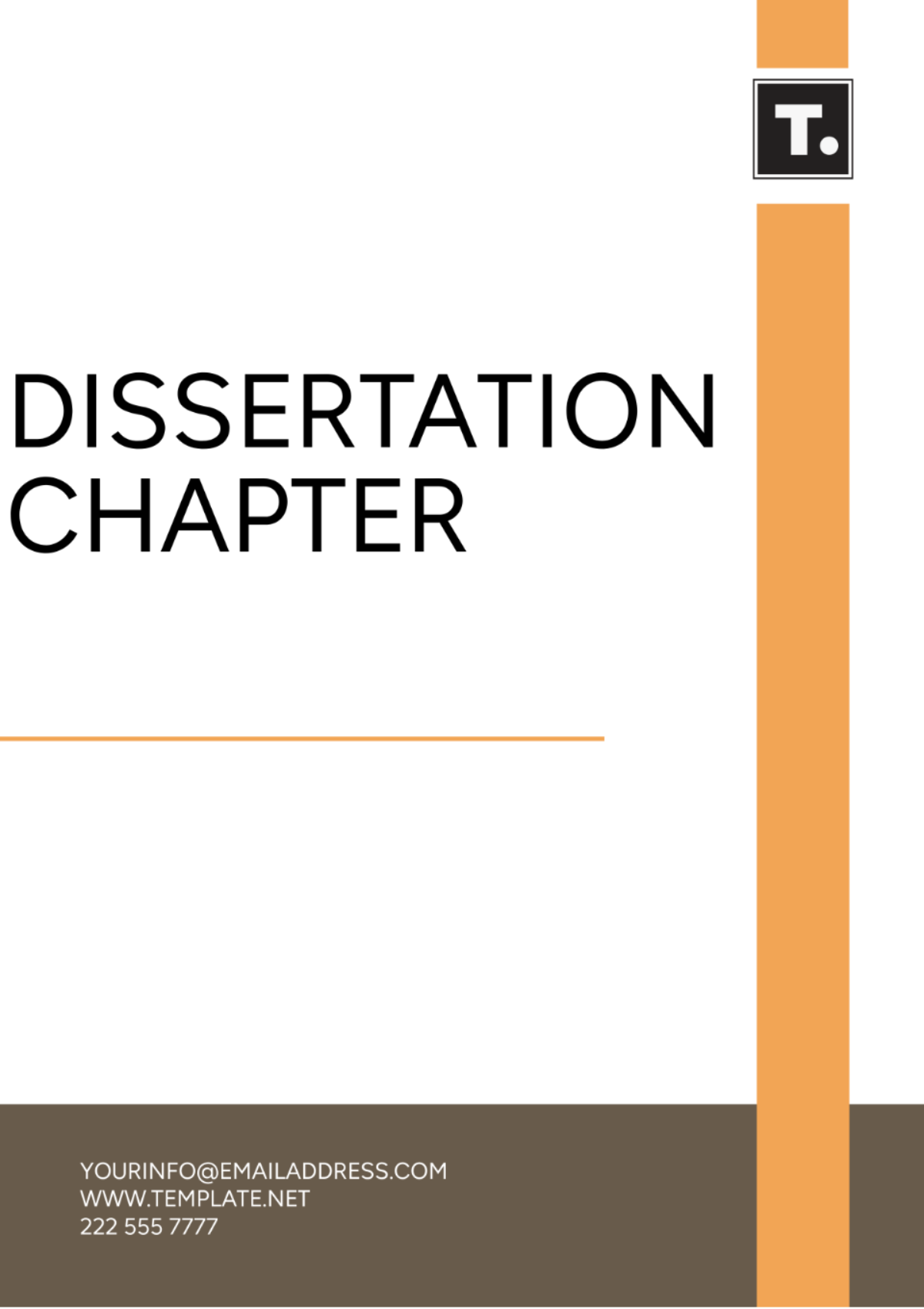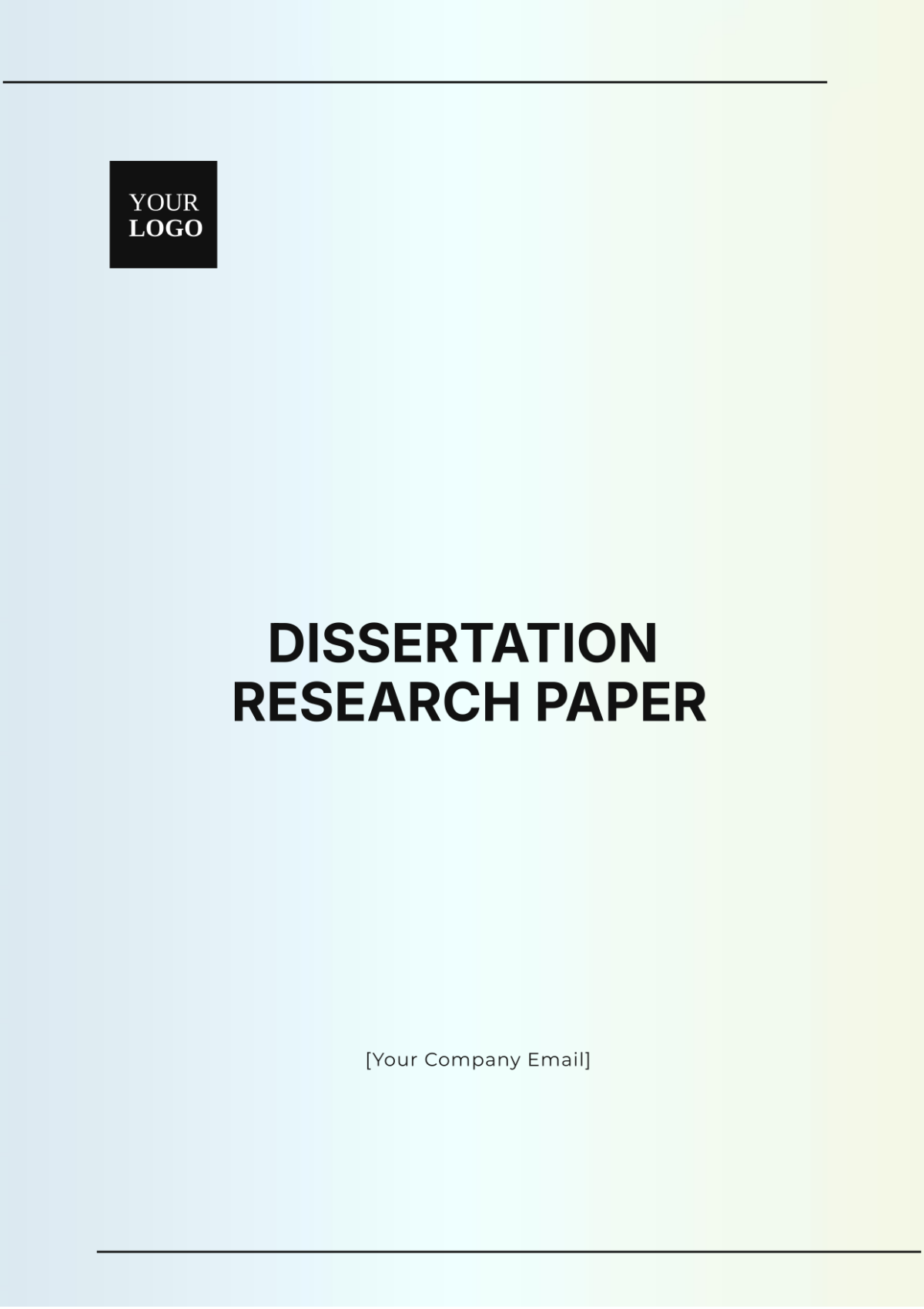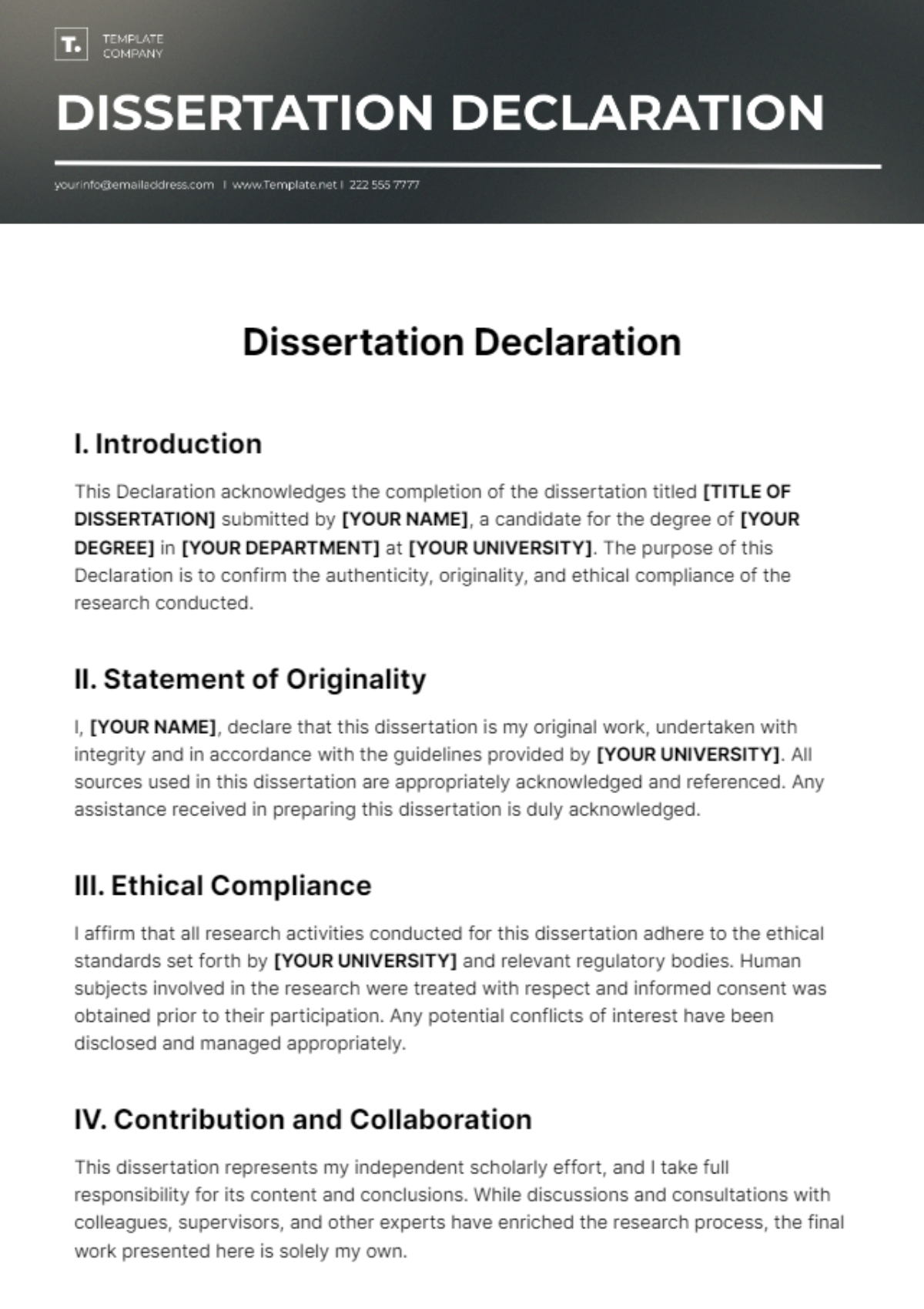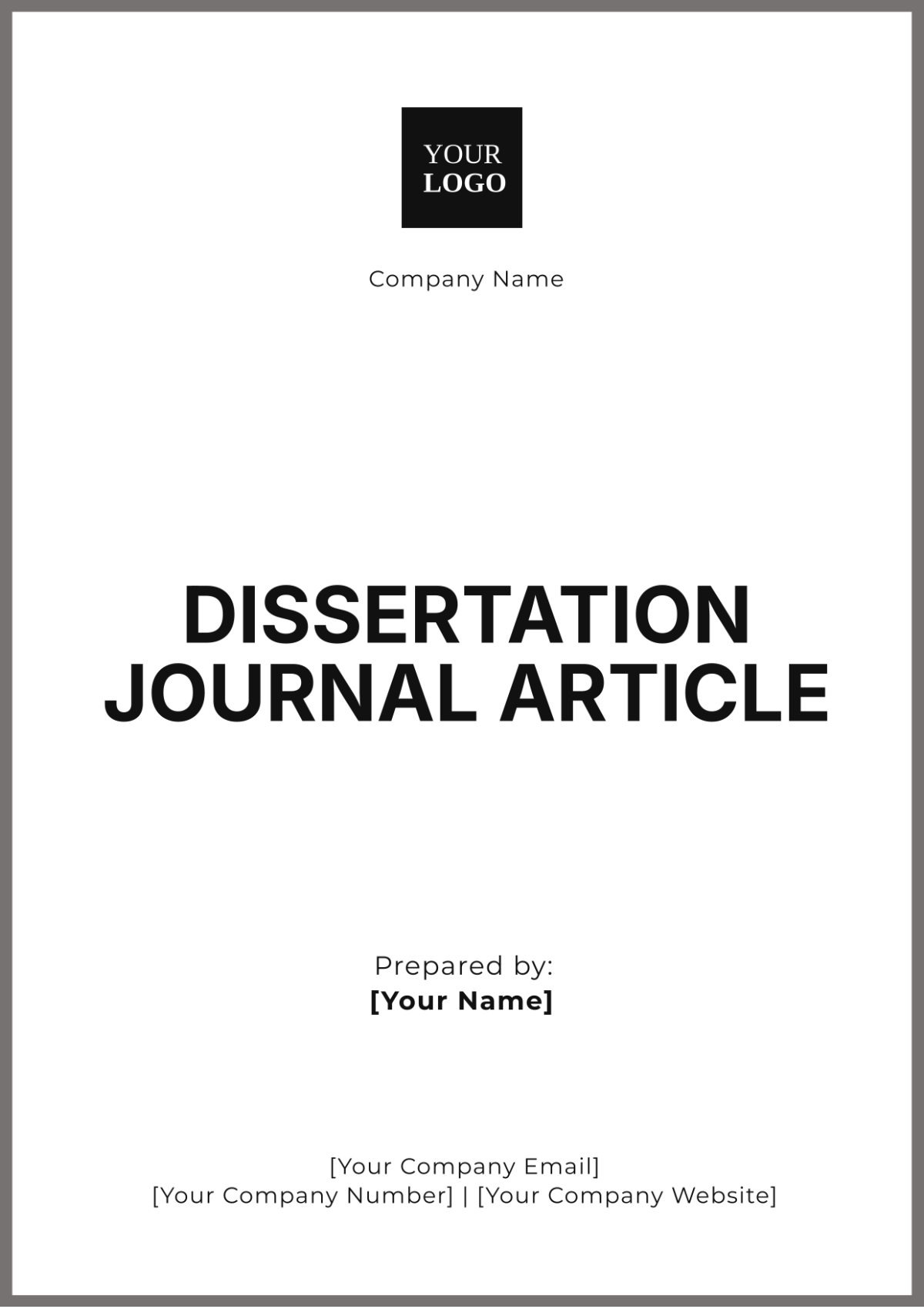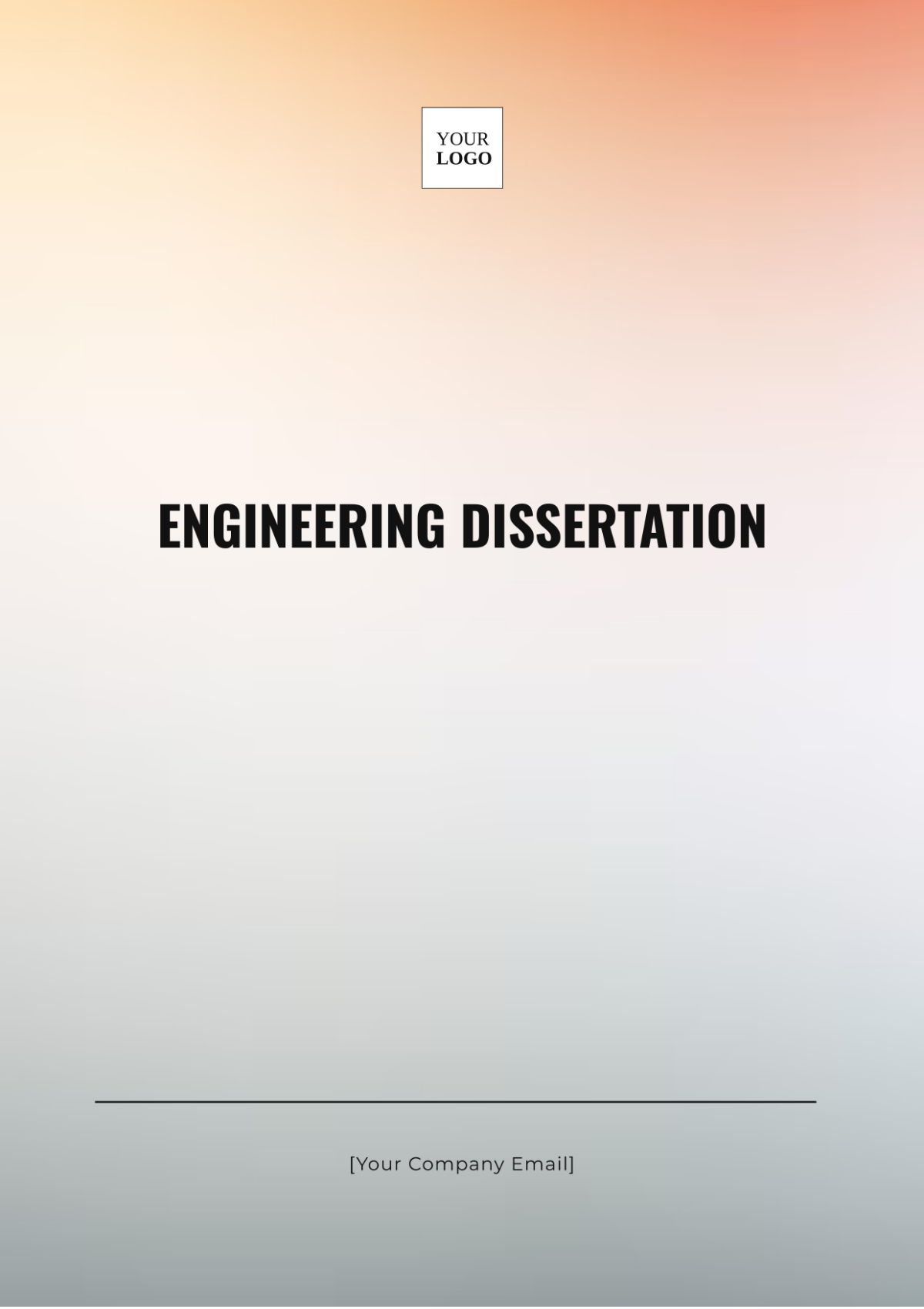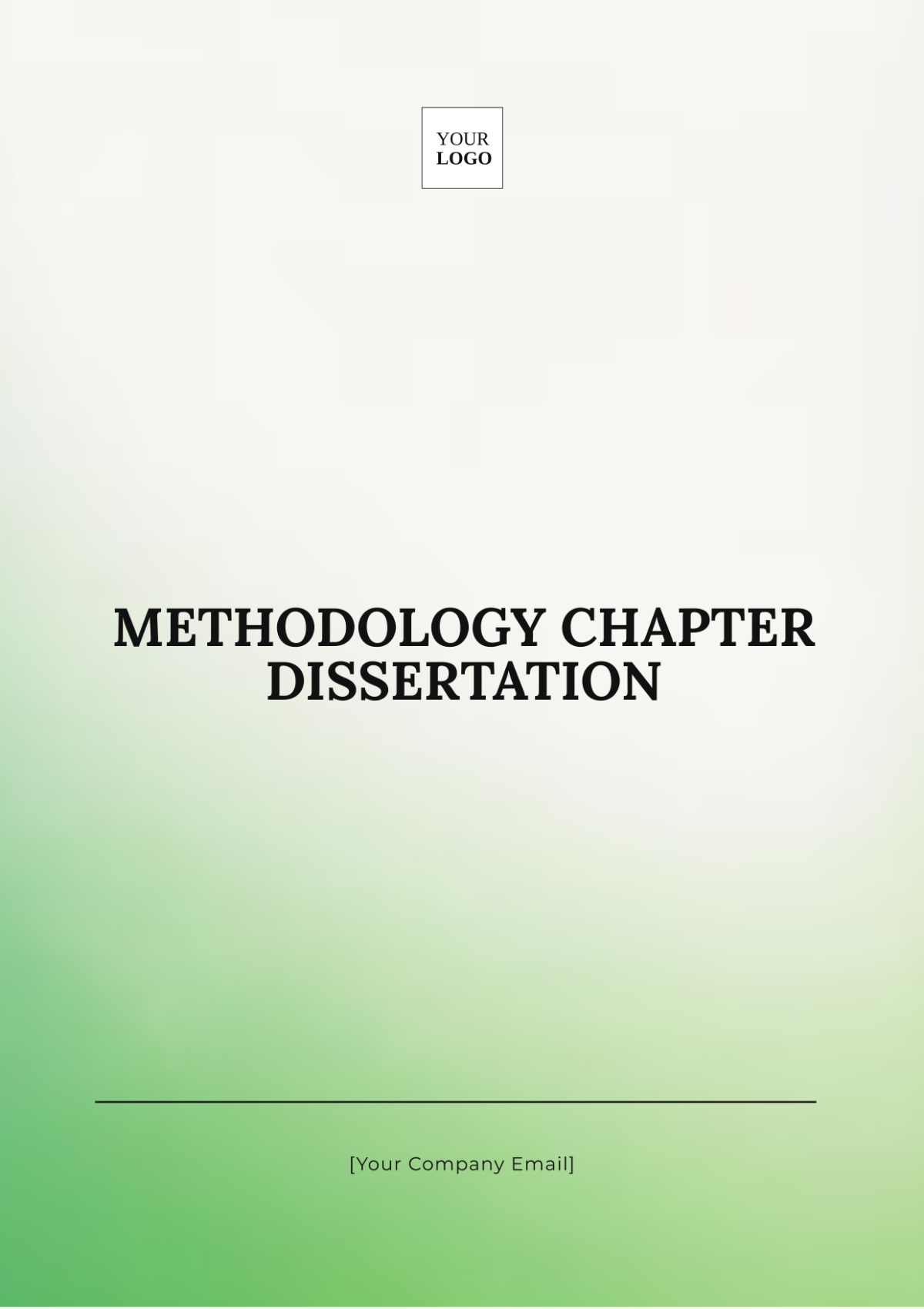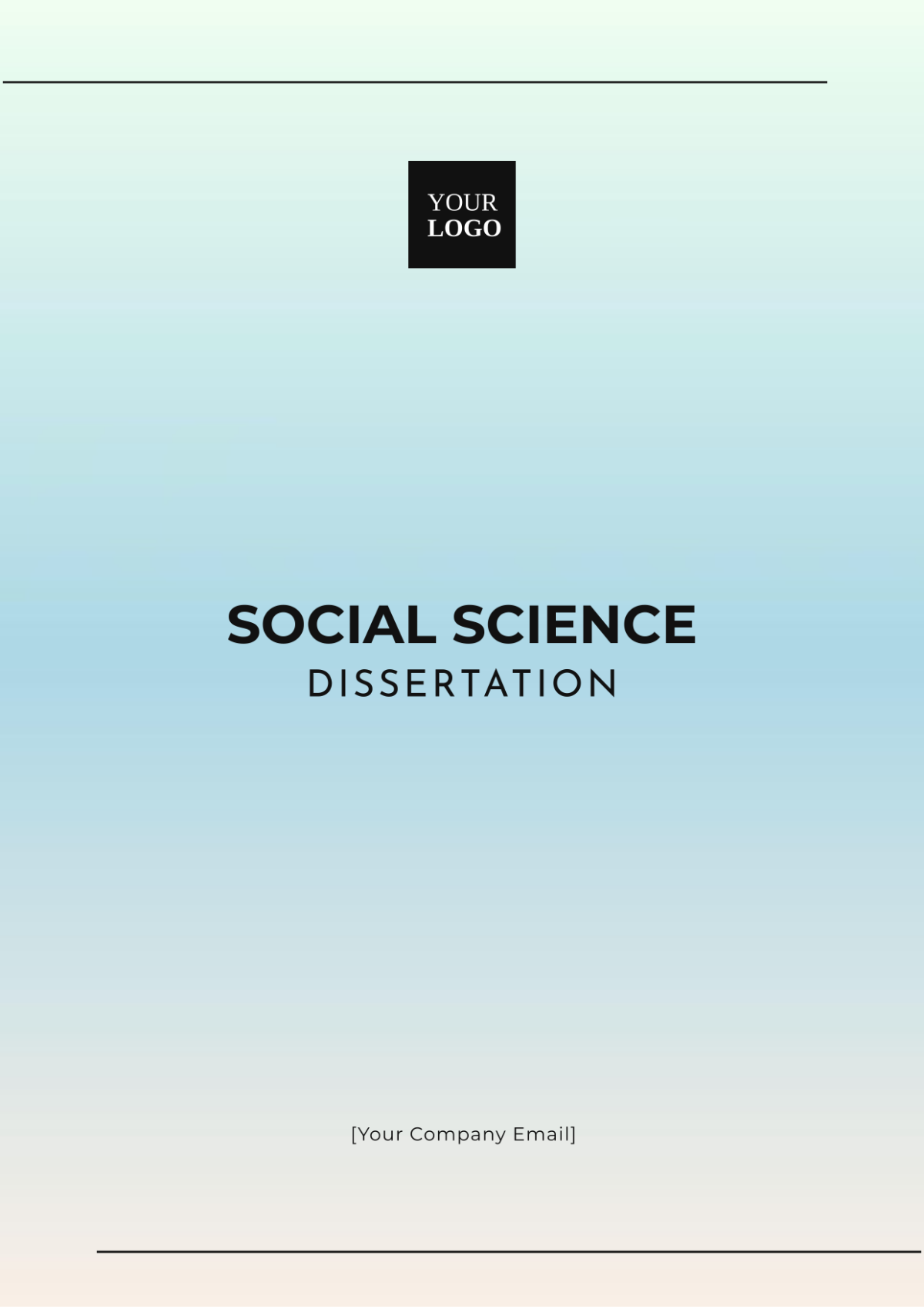Business Dissertation
Title | The Impact of Digital Transformation on Organizational Performance |
Author | [YOUR NAME] |
Date | [DATE] |
I. Abstract
Digital transformation has become a crucial aspect of modern business strategy. This dissertation explores how digital transformation impacts organizational performance, focusing on productivity, innovation, and competitive advantage. Using a mixed-methods research approach, data was collected from various companies that have undergone digital transformation. The results indicate a positive correlation between digital transformation and enhanced organizational performance. The study concludes with recommendations for companies seeking to leverage digital technologies for sustained growth.
II. Introduction
In an era where technology is rapidly evolving, organizations must adapt to stay competitive. Digital transformation refers to the integration of digital technology into all areas of a business, fundamentally changing how it operates and delivers value to customers. This study aims to examine the effect of digital transformation on organizational performance. The objectives include identifying key areas where digital transformation influences business outcomes and understanding the barriers to effective implementation. The significance of this study lies in providing insights that can help businesses navigate the complexities of digital change.
III. Literature Review
A. Definitions and Concepts
Digital transformation is defined as the process of utilizing technology to create new or modify existing business processes, culture, and customer experiences to meet changing business and market requirements.
B. Theoretical Frameworks
Several theoretical frameworks underpin the study of digital transformation, including technology acceptance models, innovation diffusion theory, and organizational change theory. These frameworks help understand how technology adoption impacts organizational dynamics.
C. Previous Studies
Previous research indicates that companies that embrace digital transformation tend to outperform their peers in several key performance indicators. Studies show improvements in efficiency, customer satisfaction, and market share.
D. Gaps in Literature
While there is a wealth of information on the benefits of digital transformation, there is limited research on the challenges and barriers faced by organizations. Additionally, more studies are needed to understand the long-term impact of digital transformation on organizational culture.
IV. Methodology
A. Research Design
This study uses a mixed-methods approach, combining quantitative surveys with qualitative interviews to gather comprehensive data on organizational performance post-digital transformation.
B. Data Collection
Data was collected from a sample of 50 companies across various industries. Surveys were distributed to employees and managers, while in-depth interviews were conducted with executives overseeing digital transformation initiatives.
C. Data Analysis
Quantitative data were analyzed using statistical methods to identify trends and correlations. Qualitative data from interviews were transcribed and analyzed thematically to gain insights into the subjective experiences of participants.
V. Results
The analysis revealed that companies that have undergone digital transformation reported a significant increase in productivity and innovation. The table below summarizes the key quantitative findings:
Performance Indicator | Pre-Transformation | Post-Transformation |
|---|---|---|
Productivity | 70% | 85% |
Innovation | 60% | 80% |
Customer Satisfaction | 75% | 90% |
VI. Discussion
The findings of this study suggest that digital transformation has a positive impact on various aspects of organizational performance. Companies that effectively implement digital technologies experience improved productivity, enhanced innovation, and increased customer satisfaction. However, it is also evident that some organizations face significant challenges, including resistance to change and lack of digital skills among employees.
These results highlight the importance of a strategic approach to digital transformation, including investment in training and development to build a digitally competent workforce. Additionally, change management practices are crucial to ensure a smooth transition and to mitigate resistance.
VII. Conclusion
In conclusion, digital transformation holds considerable potential for enhancing organizational performance. Companies that successfully navigate the complexities of digital change can achieve significant improvements in productivity, innovation, and customer satisfaction. Future research should focus on longitudinal studies to assess the long-term impact of digital transformation and explore the role of leadership in driving successful digital initiatives.
VIII. References/Bibliography
Smith, J. (2050). Digital Transformation: Strategies for Business Success. Tech Publishing.
Johnson, L. & Brown, A. (2059). Innovation and Digital Transformation. Business Insights.
Patel, R. (2058). Organizational Change and Technology Integration. Academic Press.
Wang, P. (2051). The Role of Leadership in Digital Change. Leadership Journal, 15(3), 45-60.
